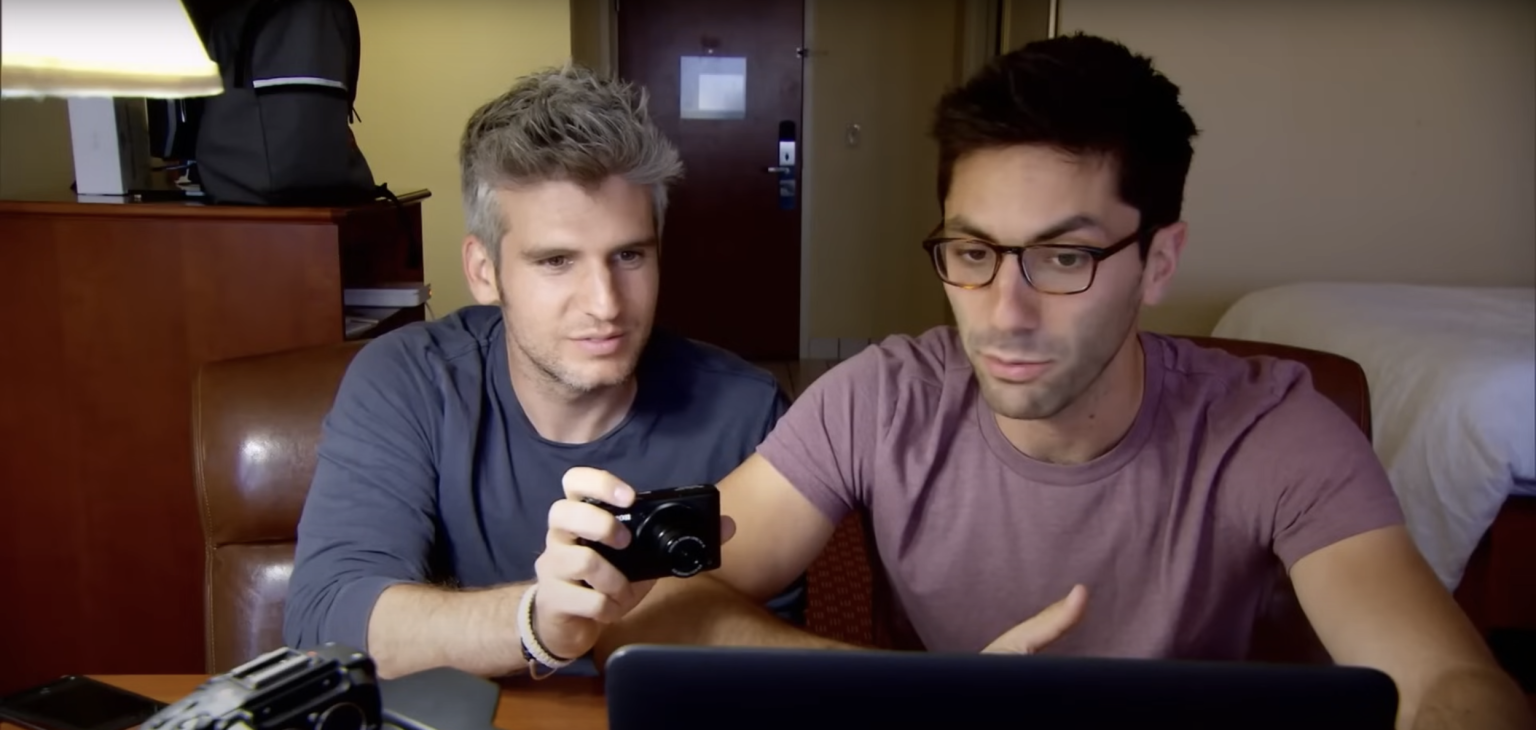Nev Schulman’s Catfish, a show born from a 2010 documentary, has become a cultural phenomenon, evolving from a simple road trip documenting online deception into a complex exploration of identity, relationships, and the digital age. Over nine seasons and 200+ episodes, the show has provided a captivating glimpse into the lives of individuals entangled in online relationships, often with shocking and emotionally charged results. While the drama has intensified over the years, the early seasons established the show’s foundation, showcasing the dynamic between Nev and his co-host Max Joseph, their genuine compassion for those involved, and the often unpredictable nature of these virtual connections. These early episodes also highlighted the show’s ability to move beyond the simple reveal of the "catfish" and delve into the motivations and emotional complexities behind the deception.
Among the many memorable episodes, a few stand out as particularly impactful in shaping the show’s identity. The "John & Kelsey" episode, often cited as a fan favorite, exemplifies the theatrical nature Catfish sometimes takes on. The episode features a manipulative catfish who expertly plays Nev and Max, leading them on a wild goose chase through a dilapidated casino. This episode solidified the dynamic between Nev, ever the optimist clinging to compassion, and Max, whose growing exasperation provides comic relief and grounds the sometimes unbelievable narratives. The sheer audacity of the catfish and Max’s eventual outburst create a highly memorable and dramatic moment, demonstrating the show’s ability to entertain while also exploring the darker side of online deception.
Another iconic, though now lost, episode revolves around "Lucille & Kidd Cole." Though erased from official platforms, it remains etched in the memories of longtime viewers due to Nev’s unprecedented loss of composure, culminating in him throwing a phone into the water. This moment, while controversial, highlighted the raw emotions that these situations evoke, demonstrating the toll that uncovering such deception takes on everyone involved, including the investigators. It also showcased a different side of Nev, typically the calm and empathetic mediator, revealing his vulnerability and frustration in the face of blatant manipulation.
"Kayla & Courtney" stands out as an example of Catfish venturing beyond romantic deception. This episode explored the complex and emotionally charged story of a medium claiming to communicate with Kayla’s deceased father, who tragically killed Kayla’s mother. The episode delves into themes of grief, loss, and the search for closure, showcasing the show’s ability to handle sensitive topics with nuance and empathy. The reveal of Courtney’s connection to Kayla’s family secrets added another layer of intrigue, blurring the lines between deception and genuine connection, and highlighting the psychological complexities that can drive individuals to create elaborate online personas.
The undeniable cultural impact of Catfish is also evident in episodes like "Antwane & Tony," which spawned the viral meme, "You should’ve never called me a fat ass Kelly Price." This episode, beyond its comedic value, illustrates the power of the show to infiltrate popular culture and generate memorable moments that transcend the screen. The sheer absurdity of the situation, combined with the catfish’s unforgettable retort, cemented its place in internet history. This episode, like others, demonstrates the unpredictable nature of Catfish and its ability to capture authentic, unscripted moments that resonate with audiences.
In contrast to the often dramatic and deceptive encounters, the story of "Lauren & Derek" offers a glimpse into the rare fairytale ending. This episode showcased a decade-long online relationship that culminated in a real-life connection, defying the typical Catfish narrative of heartbreak and betrayal. The genuine joy and surprise expressed by Nev and Max upon discovering Derek’s authenticity provided a refreshing change of pace and highlighted the enduring hope for genuine connection in the digital age. Though the couple’s engagement ultimately ended, their initial connection provided a heartwarming example of the potential for online relationships to blossom into something real and meaningful.
These five episodes, along with countless others, demonstrate the enduring appeal of Catfish. The show’s ability to capture the complexities of online relationships, the emotional rollercoaster of deception, and the ever-evolving landscape of digital identity has solidified its place in the cultural zeitgeist. From dramatic confrontations and viral memes to heartwarming connections and tragic reveals, Catfish continues to explore the human condition in the digital age, offering a unique and often unpredictable glimpse into the lives of individuals navigating the complexities of online connection and the search for authentic relationships. The show’s consistent ability to surprise, entertain, and provoke thought ensures its continued relevance and its enduring fascination with the ever-evolving world of online interaction.

